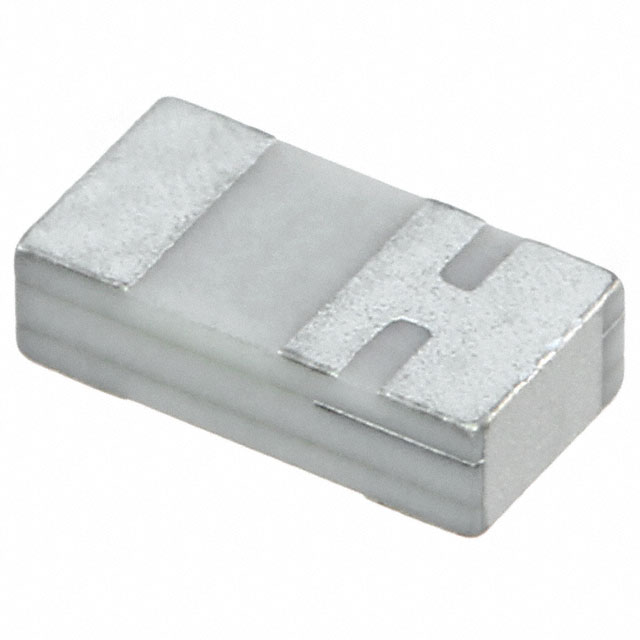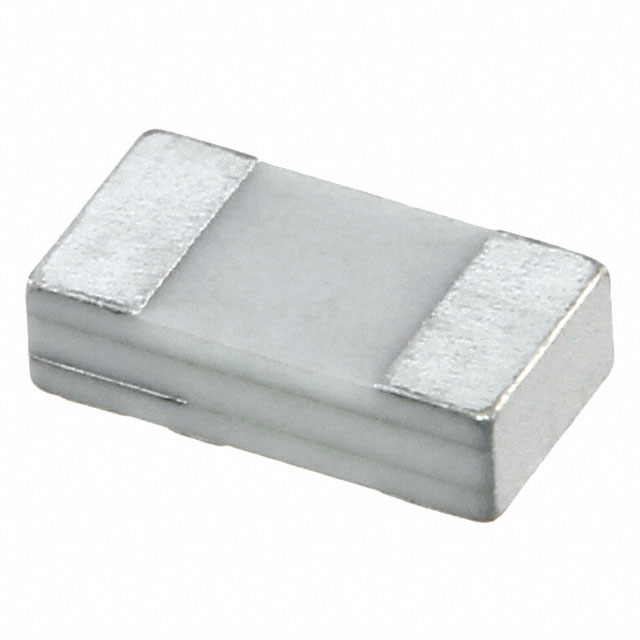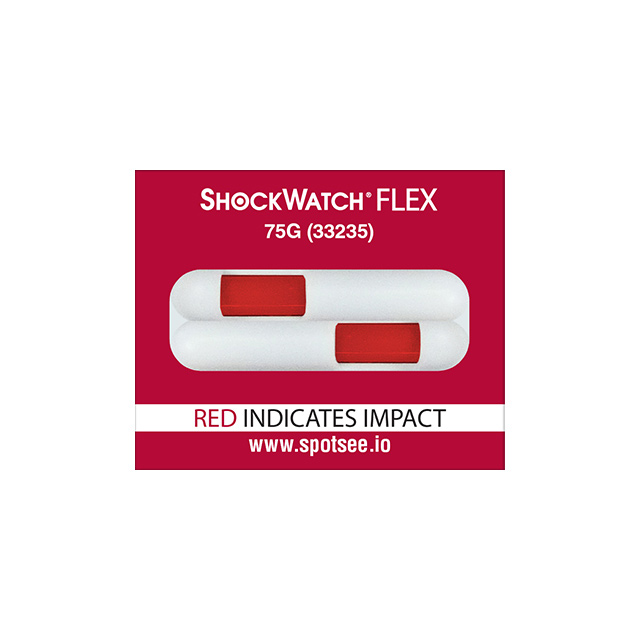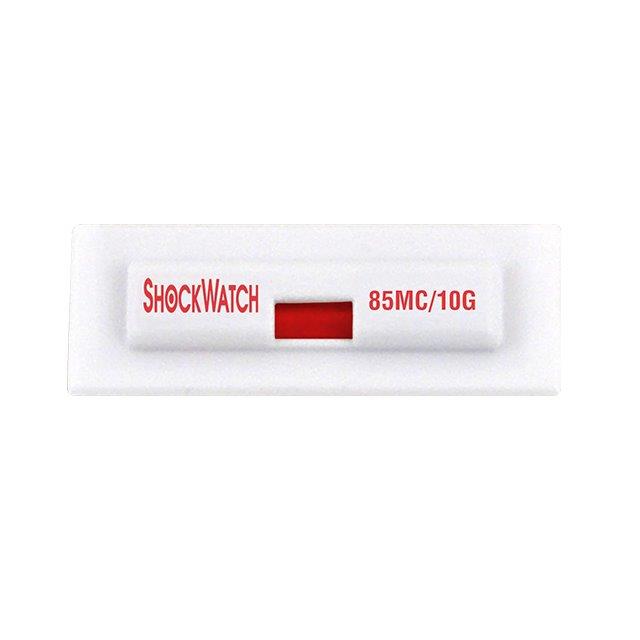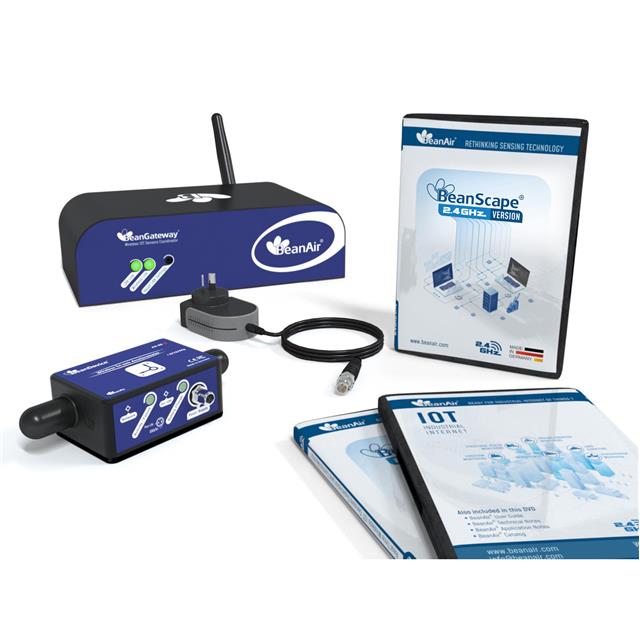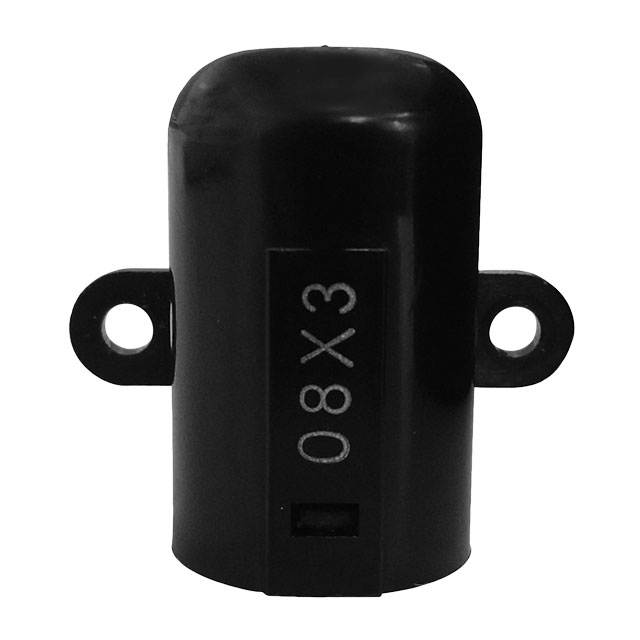Categories
- Shock Sensors(66)
- 1
- 2
- 3
- 4
Introduction of Shock sensors
Shock sensors are devices designed to detect and measure impacts or vibrations experienced by an object. They are commonly utilized to monitor equipment, machinery, or cargo during transportation, operation, or usage, helping to identify any abnormal impacts or vibrations. These sensors find applications across various sectors, including industrial automation, transportation, consumer electronics, aerospace, and defense, to enhance the safety and reliability of equipment and items.
Often known as vibration sensors, shock sensors can also be integrated into intruder alarm systems to detect actual or attempted break-ins.
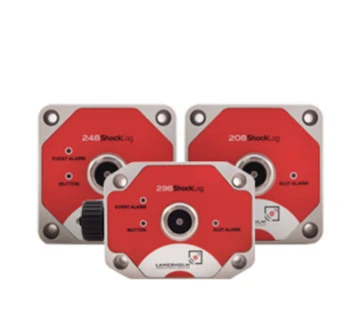
Frequently Asked Questions (FAQs)
1. What is a shock sensor?
A shock sensor is a device used to detect and measure the shock or vibration experienced by an object.
2. What are the application areas for shock sensors?
Shock sensors are widely used in industrial automation, transportation, consumer electronics, aerospace and defense.
3. How do shock sensors work?
Shock sensors recognize abnormal shock or vibration by monitoring changes in the acceleration of an object.
4. How do I select the right shock sensor?
When selecting a suitable shock sensor, you should consider its sensitivity, frequency response, operating environment and application requirements.
5. Can shock sensors be used in safety systems?
Yes, shock sensors can be integrated into intrusion alarm systems to detect actual or attempted intrusions.
6. Do shock sensors require maintenance?
While shock sensors are generally reliable, regular inspection and calibration will ensure their accuracy and effectiveness.
7. Does the sensitivity of a shock sensor affect its performance?
Yes, the sensitivity of the sensor directly affects its ability to detect small shocks or vibrations.
8. Can shock sensors be used in conjunction with other sensors?
Yes, combining shock sensors with other types of sensors can provide more comprehensive monitoring and protection.








